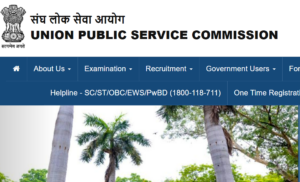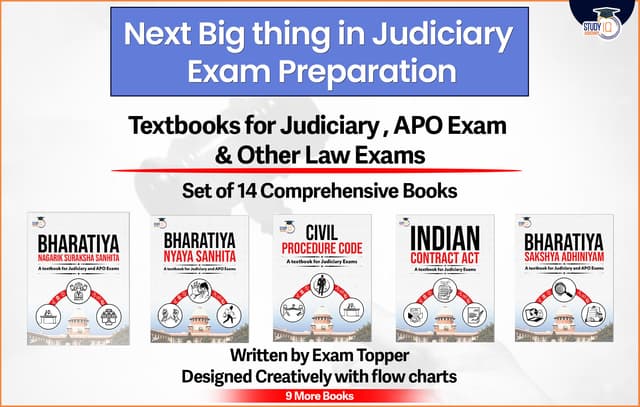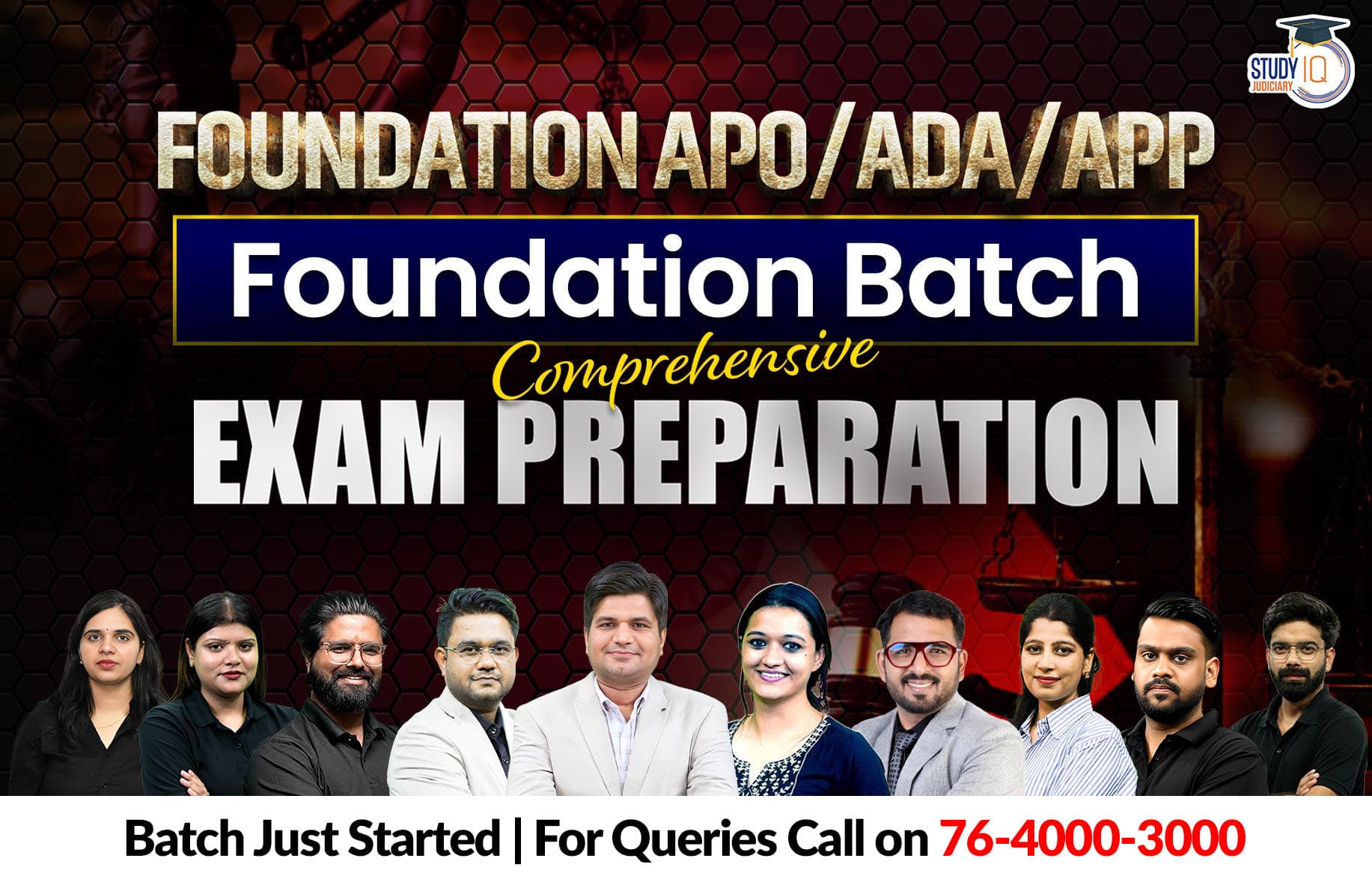Table of Contents
The Judiciary exams are among the most coveted and demanding exams for law graduates who wish to become judges in India. If you have a dream of working in the judiciary, your preparation for the exams should be systematic, disciplined, and strategic. With the right strategy, commitment, and persistent effort, you can crack the Judiciary exams and get a career in law. This article describes the step-by-step process of how to prepare for Judiciary exams, from familiarizing yourself with the syllabus to exam-specific tips.’
Judiciary Exam Pattern and Syllabus
Before you begin your preparation, it’s crucial to understand the exam pattern and syllabus of the Judiciary exam. Judiciary exams typically consist of three stages:
| Stage | Type | Subjects Covered |
|---|---|---|
| Prelims | Objective (MCQs) |
|
| Mains | Subjective (Descriptive) |
|
| Interview | Personality & Legal Ethics Assessment |
|
Judiciary Exam Study Plan
Cracking the judiciary exam requires a well-structured study plan that balances conceptual clarity, revision, and practice. This detailed study plan will help aspirants streamline their preparation for Prelims, Mains, and Interview stages effectively.
Key Aspects of Judiciary Exam Preparation
- Understanding the syllabus and exam pattern
- Allocating time for each subject
- Incorporating revision and practice tests
- Staying updated with current legal affairs
- Developing answer writing skills for Mains
- Preparing effectively for the interview stage
Judiciary Exam Study Plan
The following table outlines an 8-week structured study plan for judiciary aspirants:
| Week | Focus Area | Tasks & Goals |
|---|---|---|
| Week 1 | Understanding the Syllabus & Basic Laws | Go through the syllabus, understand the exam pattern, and start reading Bare Acts (IPC, CrPC, CPC, Evidence Act, Constitution). |
| Week 2 | In-Depth Subject Study (Major Laws) | Cover Indian Penal Code, Criminal Procedure Code, and Civil Procedure Code. Make short notes for quick revision. |
| Week 3 | Minor Laws & Landmark Cases | Study Contract Act, Torts, Family Law, Specific Relief Act, Limitation Act and their important case laws. |
| Week 4 | Legal Current Affairs & Judgment Analysis | Read The Hindu, Live Law, and analyze Supreme Court judgments from the last 6 months. |
| Week 5 | Prelims-Focused Preparation | Practice MCQs daily, solve previous year Prelims question papers, and take mock tests. |
| Week 6 | Mains Answer Writing & Essay Practice | Practice writing structured answers with case law references. Work on legal essays and judgment-based questions. |
| Week 7 | Revision & Full-Length Tests | Revise all subjects, take full-length Prelims and Mains mock tests, and improve weak areas. |
| Week 8 | Interview & Personality Development | Work on communication skills, legal ethics, and conduct mock interviews with mentors. |
Subject-Wise Study Plan
Major Subjects (High Weightage Topics)
- Indian Penal Code (IPC) – Focus on key sections, landmark cases, and legal interpretations.
- Code of Criminal Procedure (CrPC) – Understand procedural laws, jurisdiction, and important provisions.
- Civil Procedure Code (CPC) – Study filing procedures, appeals, and major orders/rules.
- Indian Evidence Act – Learn the admissibility of evidence, burden of proof, and witness examination.
- Constitutional Law – Covers fundamental rights, directive principles, and landmark judgments.
Minor Laws (Medium to Low Weightage Topics)
- Contract Act, Specific Relief Act, Partnership Act
- Family Law (Hindu & Muslim Law)
- Law of Torts & Consumer Protection Act
- Limitation Act & Negotiable Instruments Act
Current Affairs & Legal Updates
- Read legal newspapers like The Hindu, Indian Express, Live Law, Bar & Bench.
- Keep track of recent Supreme Court & High Court judgments.
- Study amendments in laws, government policies affecting the legal system.
Answer Writing & Mock Tests
- Prelims: Solve 50-100 MCQs daily to improve accuracy and speed.
- Mains: Write one answer daily based on past questions and case law application.
- Full-Length Mock Tests: Take at least 5 Prelims mocks & 3 Mains mocks before the exam.
Judiciary Interview Preparation
- Develop legal reasoning & articulation skills.
- Practice answering legal, ethical, and personal questions.
- Take mock interviews with mentors and analyze feedback.
Final Tips for Judiciary Aspirants
- Follow a disciplined study schedule with daily targets.
- Maintain self-made notes for revision.
- Use online courses and mentorship for expert guidance.
- Focus on time management and exam strategy.
- Stay motivated and stress-free during preparation.


 Delhi APP Notification 2025 Out, Apply f...
Delhi APP Notification 2025 Out, Apply f...
 Jammu & Kashmir Judiciary Syllabus 2...
Jammu & Kashmir Judiciary Syllabus 2...
 West Bengal Judiciary Syllabus 2025: Pre...
West Bengal Judiciary Syllabus 2025: Pre...











